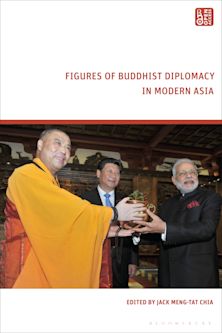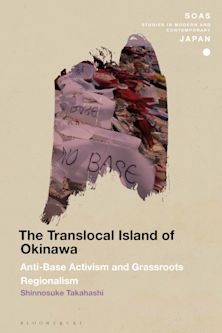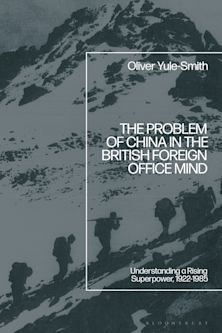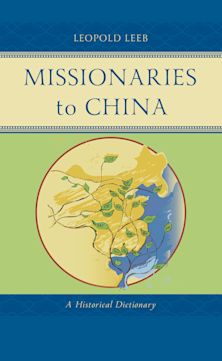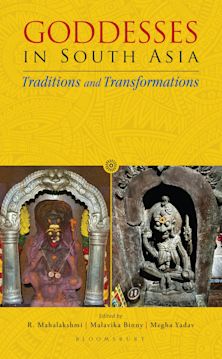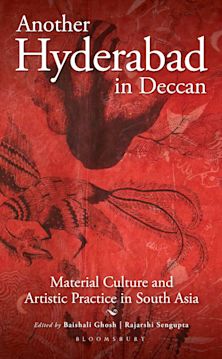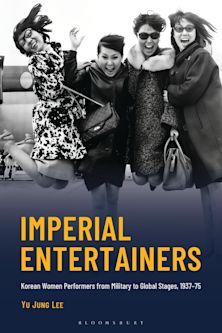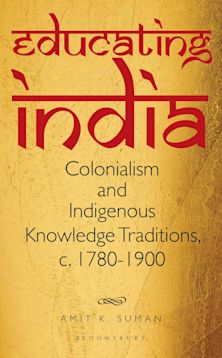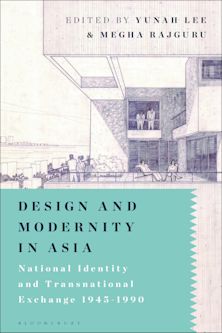Reconstructing Ancient Korean History
The Formation of Korean-ness in the Shadow of History
Reconstructing Ancient Korean History
The Formation of Korean-ness in the Shadow of History
This product is usually dispatched within 3 days
- Delivery and returns info
-
Free US delivery on orders $35 or over
Description
This book examines the contested re-readings of “Korea” in early Chinese historical records and their influence on the formation of Korean-ness in later periods. The earliest written records on “Koreans” are found in Chinese documents produced during the Han dynasty, from the third century BCE to the third century CE. Since then, these early Chinese records have been used as primary sources for writing early Korean history in Korea, China, and Japan. This study analyzes the various reinterpretations and utilizations of these early records that became more diverse by the late nineteenth century, when the reconstruction of ancient history became a crucial part of the formation of Korean national consciousness. Korea’s modern historiography was complicated by a thirty-five year colonial experience (1910–1945) under Japan. During this period, Japanese colonial scholars attempted to depict Korean history as stagnant, heteronymous, and replete with factional strife, while Korean nationalist historians strove to construct an indigenous Korean nation in order to mobilize Koreans’ national consciousness and recover political sovereignty. While focused on Korea and Northeast Asia, the links between historiography and political ideology investigated in this study are pertinent to historians in general.
Table of Contents
Chapter 1: From Others to Barbarians: The Conceptualization and Evolution of Yi ?
Chapter 2: Negotiating the Past, Reinterpreting Ancient History: Legitimacy in the Lineage of Ancient Korean History
Chapter 3: Ancient History Reinvented: Another Battleground for National Prestige and Political Legitimacy
Chapter 4: From a Marxist Universal History to an Ultra-Nationalist Approach: Studies on Ancient History in North Korea
Chapter 5: In the Name of History: Laying Claim to the Historical Sovereignty of Manchuria (Northeast China)
Conclusion: Living with the Legacy of the Past
Product details
| Published | Mar 23 2018 |
|---|---|
| Format | Paperback |
| Edition | 1st |
| Extent | 248 |
| ISBN | 9781498521468 |
| Imprint | Lexington Books |
| Illustrations | 3 b/w illustrations; 2 b/w photos; 1 tables; |
| Dimensions | 9 x 6 inches |
| Publisher | Bloomsbury Publishing |
Reviews

ONLINE RESOURCES
Bloomsbury Collections
This book is available on Bloomsbury Collections where your library has access.












